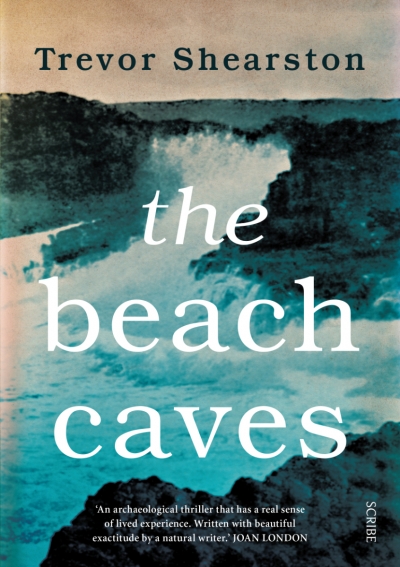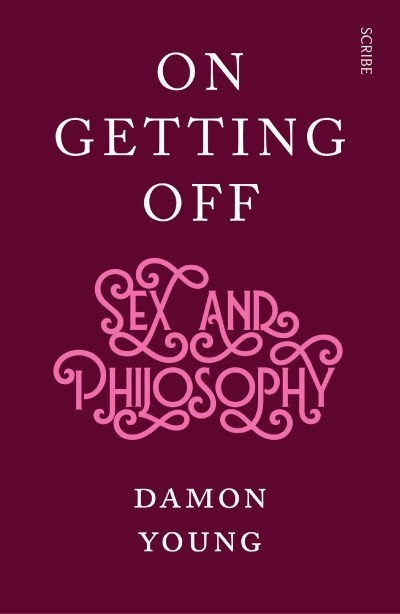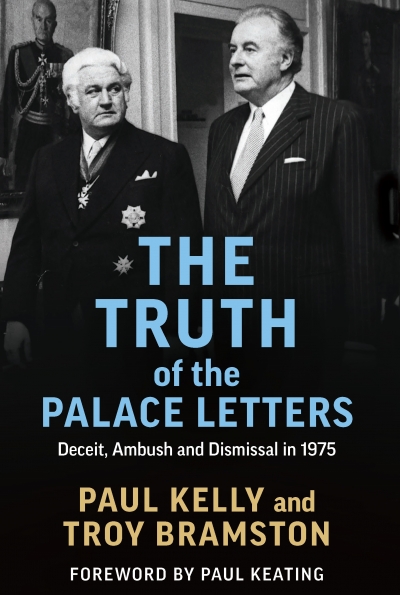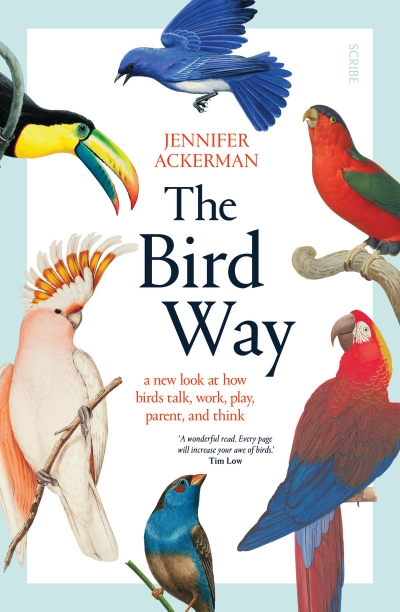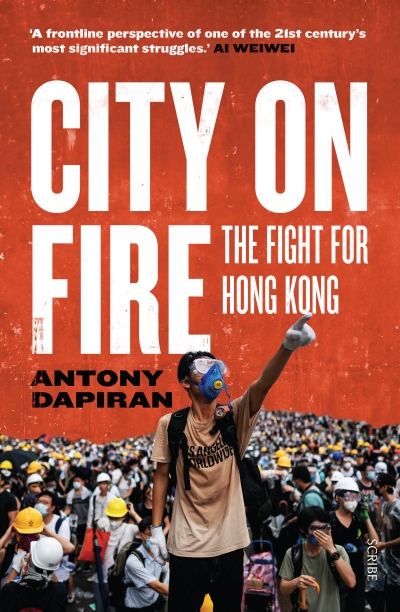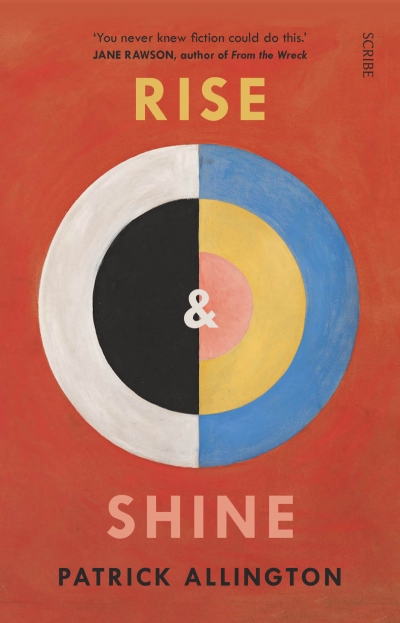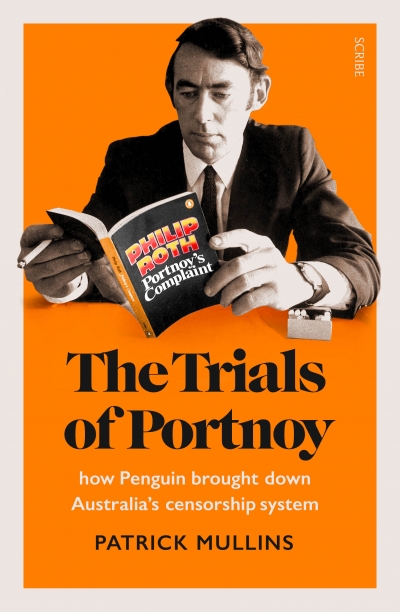Scribe
Determining connections between books sent as a review bundle is not mandatory, but there is an irresistible tendency to find some common theme. In the case of these three novels, the theme of women’s pain, and hidden pain at that, does not need to be teased out – it leaps out. Since it is unlikely that three different authors would have colluded, the prevalence of this is worth deeper reflection, especially considering recent titles such as Kylie Maslen’s essays on illness, Show Me Where It Hurts, or Kate Middleton’s extraordinary memoir essay ‘The Dolorimeter’, placed second in the 2020 Calibre Prize.
... (read more)The Truth of the Palace Letters by Paul Kelly and Troy Bramston & The Palace Letters by Jenny Hocking
by Jon Piccini •
The Genes That Make Us: Human stories from a revolution in medicine by Edwin Kirk
by Diane Stubbings •
The Bird Way: A new look at how birds talk, work, play, parent, and think by Jennifer Ackerman
by Simon Caterson •

